- Home
- About Us
- TSPT Academy
- Online Courses
-
Resources
- Newsletter
- Business Minded Sports Physio Podcast
- Day in the Life of a Sports PT
- Residency Corner
-
Special Tests
>
-
Cervical Spine
>
- Alar Ligament Test
- Bakody's Sign
- Cervical Distraction Test
- Cervical Rotation Lateral Flexion Test
- Craniocervical Flexion Test (CCFT)
- Deep Neck Flexor Endurance Test
- Posterior-Anterior Segmental Mobility
- Segmental Mobility
- Sharp-Purser Test
- Spurling's Maneuver
- Transverse Ligament Test
- ULNT - Median
- ULNT - Radial
- ULNT - Ulnar
- Vertebral Artery Test
- Thoracic Spine >
-
Lumbar Spine/Sacroiliac Joint
>
- Active Sit-Up Test
- Alternate Gillet Test
- Crossed Straight Leg Raise Test
- Extensor Endurance Test
- FABER Test
- Fortin's Sign
- Gaenslen Test
- Gillet Test
- Gower's Sign
- Lumbar Quadrant Test
- POSH Test
- Posteroanterior Mobility
- Prone Knee Bend Test
- Prone Instability Test
- Resisted Abduction Test
- Sacral Clearing Test
- Seated Forward Flexion Test
- SIJ Compression/Distraction Test
- Slump Test
- Sphinx Test
- Spine Rotators & Multifidus Test
- Squish Test
- Standing Forward Flexion Test
- Straight Leg Raise Test
- Supine to Long Sit Test
-
Shoulder
>
- Active Compression Test
- Anterior Apprehension
- Biceps Load Test II
- Drop Arm Sign
- External Rotation Lag Sign
- Hawkins-Kennedy Impingement Sign
- Horizontal Adduction Test
- Internal Rotation Lag Sign
- Jobe Test
- Ludington's Test
- Neer Test
- Painful Arc Sign
- Pronated Load Test
- Resisted Supination External Rotation Test
- Speed's Test
- Posterior Apprehension
- Sulcus Sign
- Thoracic Outlet Tests >
- Yergason's Test
- Elbow >
- Wrist/Hand >
- Hip >
- Knee >
- Foot/Ankle >
-
Cervical Spine
>
- I want Financial Freedom
- I want Professional Growth
- I want Clinical Mastery
|
With this past month's JOSPT, an updated Clinical Practice Guideline (CPG) for Knee Meniscus and Articular Cartilage Lesions was released. Meniscus tears and cartilage lesions are commonly seen in the physical therapy setting. Once thought to require surgery, significant research has since revealed that outcomes are similar whether you have had surgery or physical therapy about a year later. While being able to identify the potentially injured tissue can be beneficial, treating the impairments remains the basis for intervention. However, because of the research that has been accumulated in managing meniscus and articular cartilage injuries, it is still recommended that we identify when these structures may be involved.
Now, some of the research for treating these injuries conservatively is based off of post-surgical management. A lot of the rehab is what you would expect: start with progressive active and passive ROM training and weight-bearing, followed by strength training in open- and closed-kinetic chain and neuromuscular training of lower quarter. Those are generally vague component to rehab but can be highly effective. Of course, not all cases are "text book." Sometimes (or often), the patient's perspective of what the injury is, or what they think it is, is more important than anything. It is extremely beneficial to educate the patient on the current pain science research, the lack of correlation between pathoanatomical injuries, and the success of conservative rehab for meniscus/cartilage injuries. The importance of progressive loading cannot be overstated. While part of the CPG, using regular and progressive loading can have both mechanical and psychological benefits. There is some research out there that high repetition, low load exercise can be beneficial for cartilage repair. On the biopsychosocial side, progressive loading of the injured area can address some of the fear and apprehension associated with injury. Either way, the main message to take away is that physical therapy can be a possible treatment for meniscus or articular cartilage lesions, based on the recent CPG's, mechanotransduction, and/or psychological benefit. -Dr. Chris Fox, PT, DPT, OCS
1 Comment
7/9/2023 12:00:11 pm
It is vital to prioritize the protection of our environment and health. Chemicals Without Concern plays a crucial role in this mission by promoting the development and use of safer compounds. By supporting this initiative, we create a path towards harmonious coexistence, where our well-being and the vitality of our planet thrive hand in hand. Join us in endorsing this important cause.
Reply
Leave a Reply. |
Dr. Brian Schwabe's NEW Book in partner with PaleoHacks!
Learn residency-level content on our
Insider Access pages We value quality PT education & CEU's. Click the MedBridge logo below for TSPT savings!Archives
July 2019
Categories
All
|

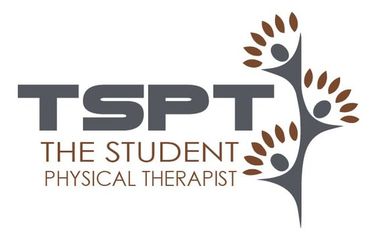
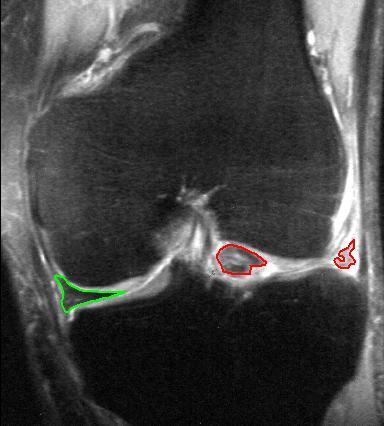
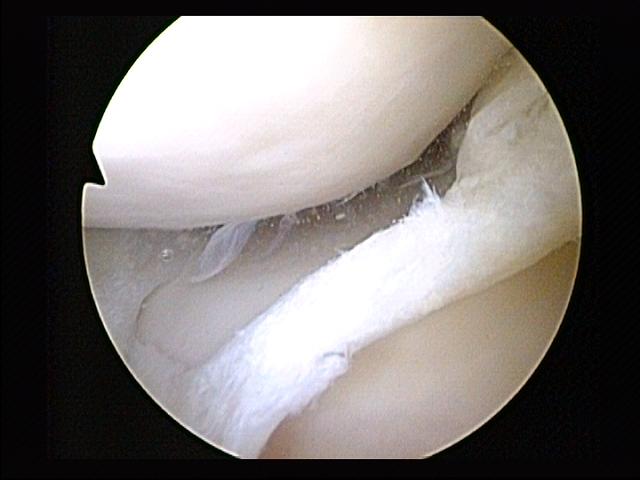
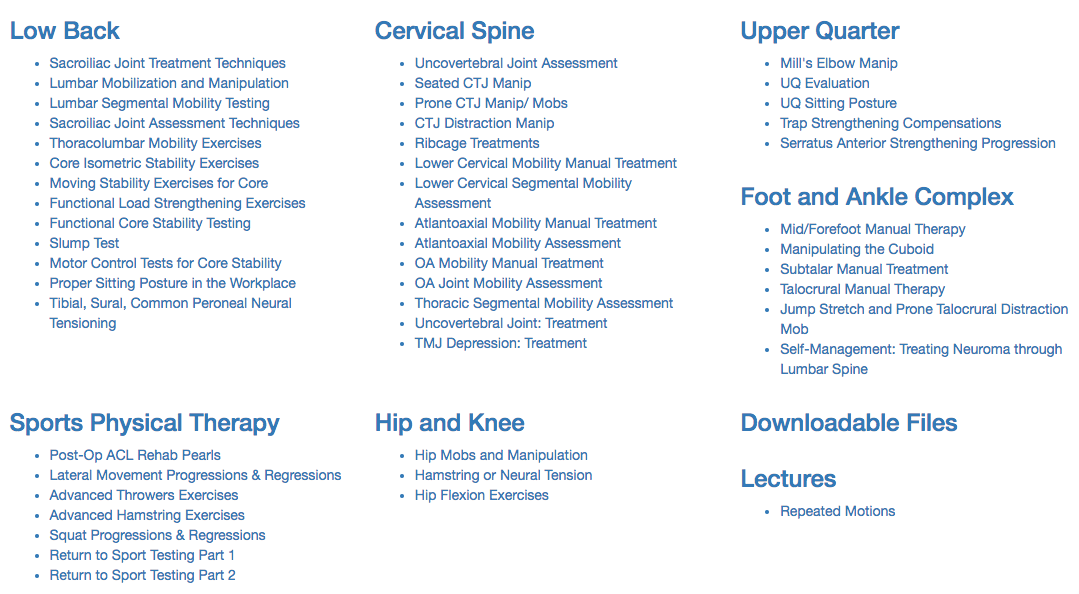
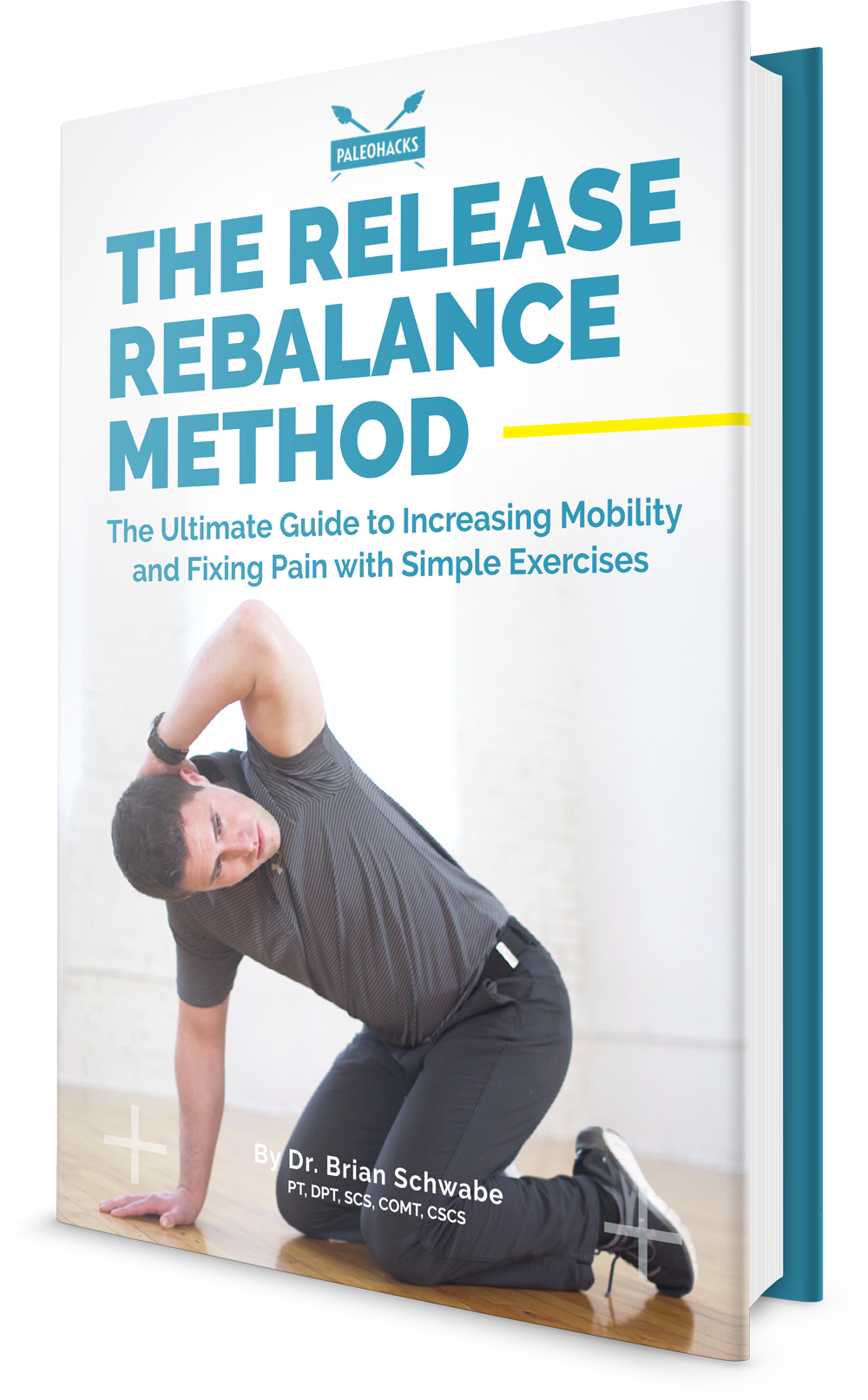



 RSS Feed
RSS Feed